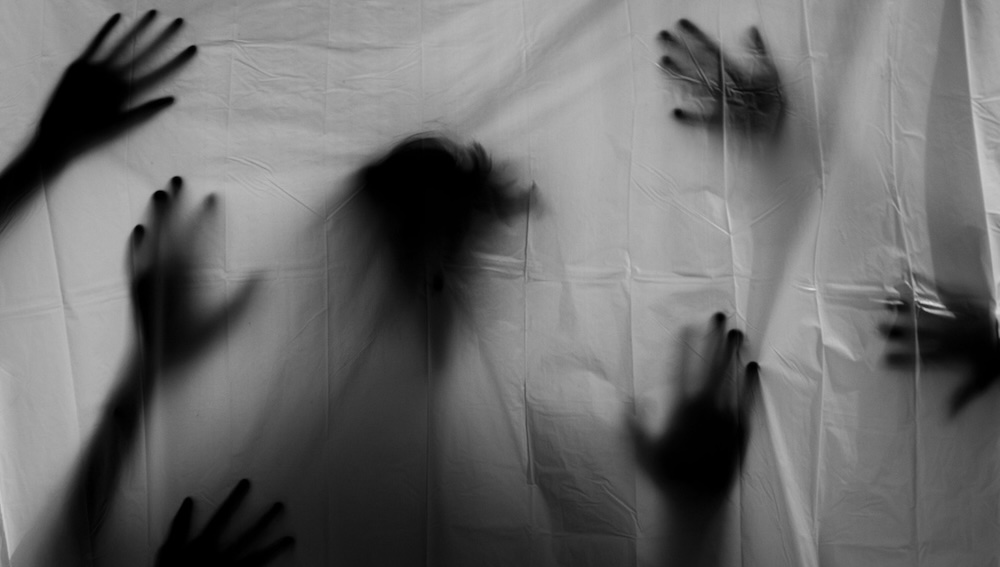Horror games for many people have replaced horror films. Horror films were at one time an iconic part of our culture, but then, they stopped being scary. Fortunately, horror games filled that void.
But what is it about horror games that make them so much more effective at scaring us than horror flicks?
Let’s look at the psychology behind the horror game and explore how horror game developers manipulate our minds and create the terror.
What is Fear? Why Do We Love Horror Games?
It would seem to make the most sense to begin here, right?
Fear is an instinctual response designed to protect us from harm. Simple enough. It triggers our fight or flight response. This prepares our bodies to confront or escape a threat. Both real or imagined stimuli can trigger us into this state of fear.
We love the anticipation and suspense that builds at every turn. The immersive sensory experience helps create that intensity into feelings of isolation and vulnerability.
So why are horror games so good at what they do?
There are many theories surrounding why many of us really appreciate horror game experiences. One is that there is a bit of arousal from fear that intensifies positive emotions to follow. Another is that fear experienced in a controlled environment can be cathartic. Lastly, humans are flat out curious about the unknown, so engaging with a horror game experience can be thrilling.
So how do games make it all come together to scare the bejesus out of us?
How Horror Games Elicit Fear
Let’s start with sound. Sound is one of the most impactful tools that a horror game uses. The right audio cues can trigger our fight or flight responses. And that then leads into our subconscious fears.
Subtle, unsettlign sounds like distant footsteps (we’re all familiar) and creaking doors and whispers create a constant sense of unease.
Eerie music also builds tension. But never underestimate the power of sudden silence.
However, there’s nothing more provacative than that of the jump scare. I mean, that’s where it’s always leading, a moment of loud noise or shocking visual cause immediate fear and adrenaline spikes. Its the whole pie.
Games utilize a lot of maneuvering to achieve all of this. Some of it’s obvious, and some of it less obvious.
Running out of ways to protect yourself is a key component to building fear. For example, a game may have you running out of weapons or ammo which then makes you feel as though there’s some tension in the air.
Lulling the player into a false sense of safety before unleashing a scare can cause quite the response.
Some games may do what’s called break the fourth wall. This manipulates the player’s environment and blurs the lines between the game and the gamer’s reality.
Games That Scare The Crap Out Of Us
Silent Hill Series: Known for its oppressive atmosphere, disturbing visuals, and psychological horror elements.
Resident Evil Franchise: Mastery of resource management, jump scares, and iconic monster designs.
Amnesia: The Dark Descent: Pioneering the use of sanity meters and immersive first-person perspective to create an unparalleled sense of dread.
P.T. (Playable Teaser): A minimalist approach that relied heavily on ambiance, repetition, and psychological horror to terrify players.
Conclusion
Horror games can, and often are, scarier than horror flicks. Gaming developers have a lot more in their arsenal due to the more immersive platform that gaming consoles offer. With virtual and augmented reality getting bigger, we can expect deeper, more terrifying immersive experiences in the future.
